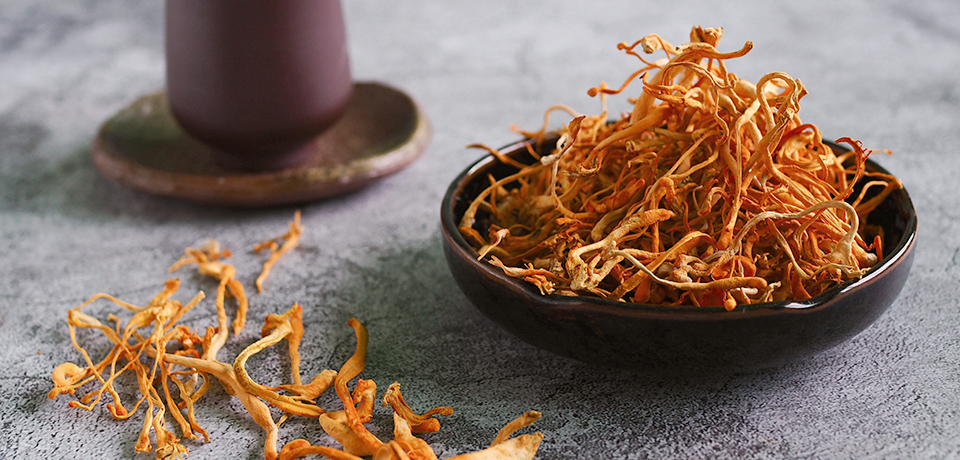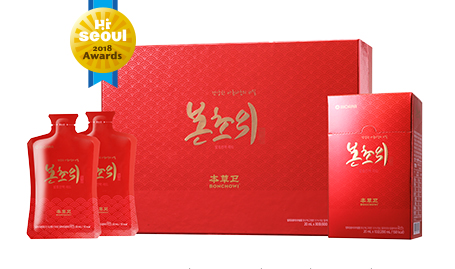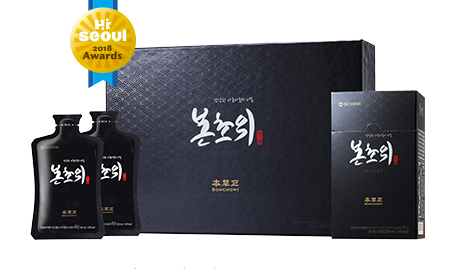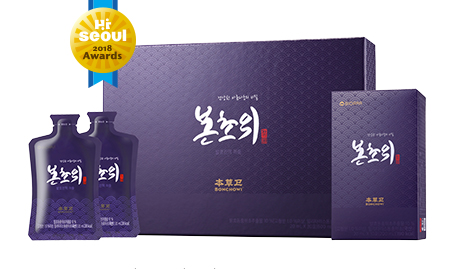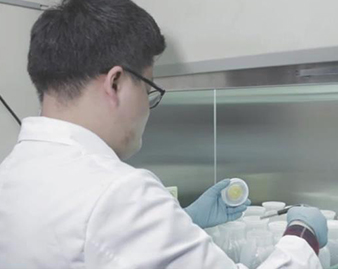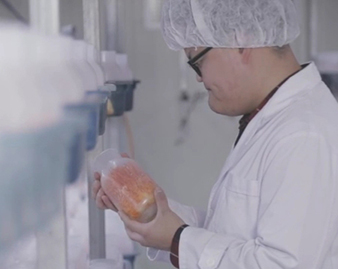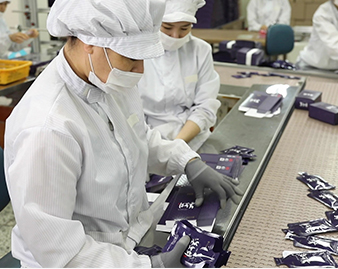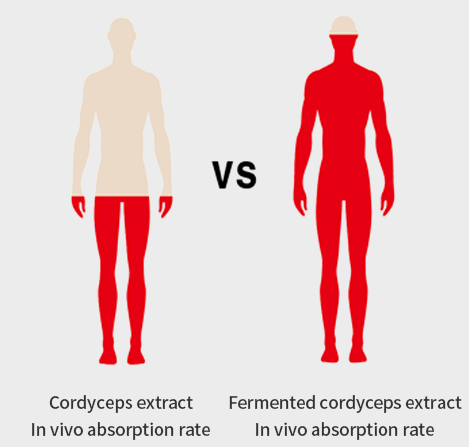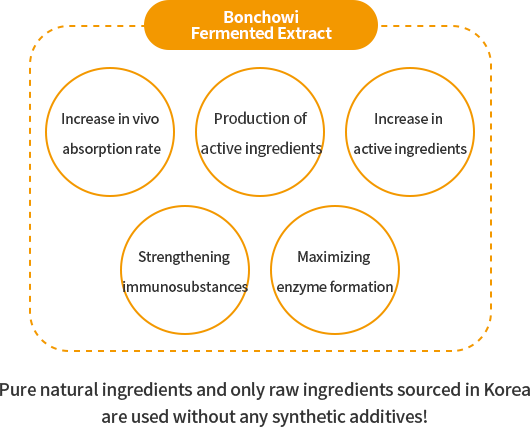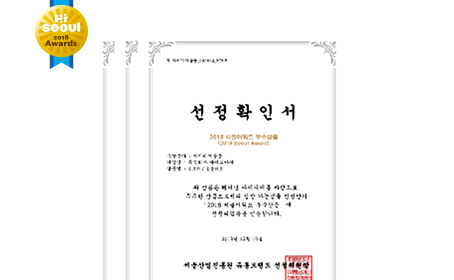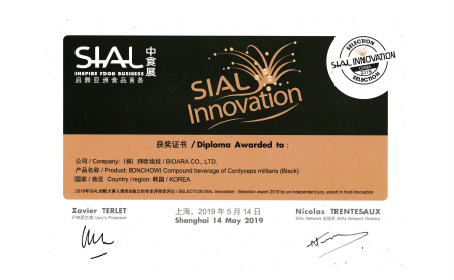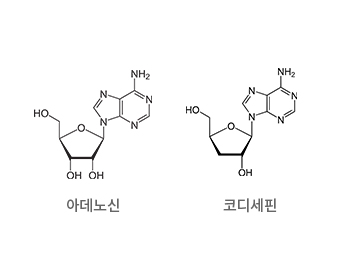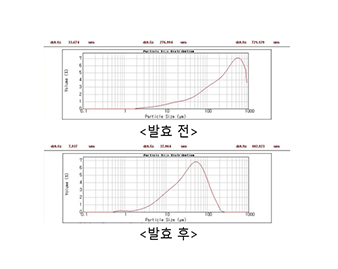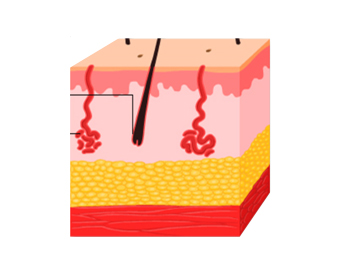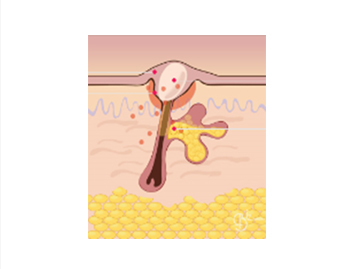About Ingredient (Cordyceps)
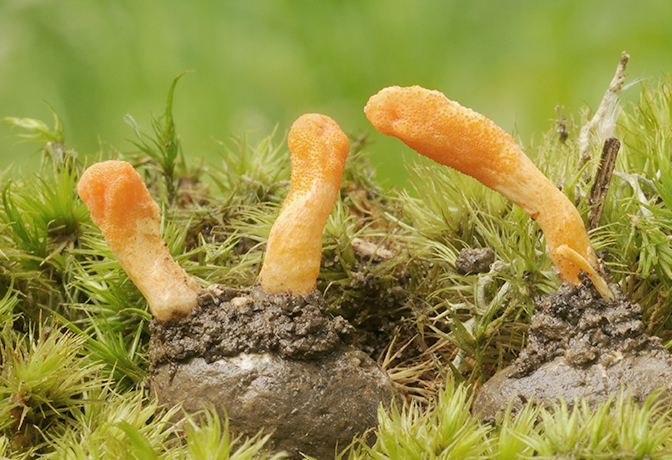
- Origin of Cordyceps
- With the mysterious meaning of “inseats in winter and grass in summer,” cordyceps is known as a medicinal mushroom, one of the three best medicine along with ginseng and deer antlers in the East including China. Known as the secret medicine that brought youth and long lives to Emperor Qin Shi Huang and Queen Yang, cordyceps is also famous for the stories that it contributed to the world record of Chinese athletes at the 1994 Asian Games held in Hiroshima and that Deung Xiaoping, who passed away at the age of 94, enjoyed eating cordyceps in duck dishes.
- Cordyceps Introduced in Ancient Chinese Books
-
The efficacy of cordyceps has been listed in many medical books in the East.
First in 1082, Jeung-nyu-bon-cho (證類本草) and 15th century medical book Mo-ro-bo-go
In 1751, Bon-cho-jong-shin (本草從新), Yak-seong-go (藥性考) and Bon-cho-gang-mok-seub-yu (本草綱目拾遺)
In 1727, western medical book Science Academy and modern medical book Natural Medicine Dictionary
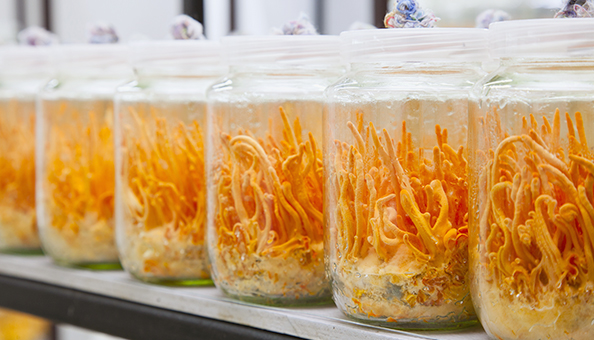
- Efficacy
- Cordyceps currently is health functional food more renown than Korean ginseng in Japan and China and has recognized for its priceless value since the ancient times as people say “The best medicine is ginseng in the mountain, sea cucumber in the sea, and cordyceps in the earth. A Chinese medical book in Qiny dynasty, Bon-cho-jong-shin (本草從新), reads “Cordyceps protects lungs, strengths kidney, stops bleeding, alleviates congestion, and relieves cough.” And it is also mentioned in Japanese books, Bon-cho-seo (本草書) and Bon-cho-kang-mok (本草綱目).
- Recent studies conducted in Korea and other countries has reported that cordyceps contains various beneficial bioactive substances and pharmacology studies proved that its efficacy in strengthening immune systems and improving liver function and blood flow as well as its anti-inflammatory, anticancer, anti-aging, anti-atopy and anti-viral effects.


